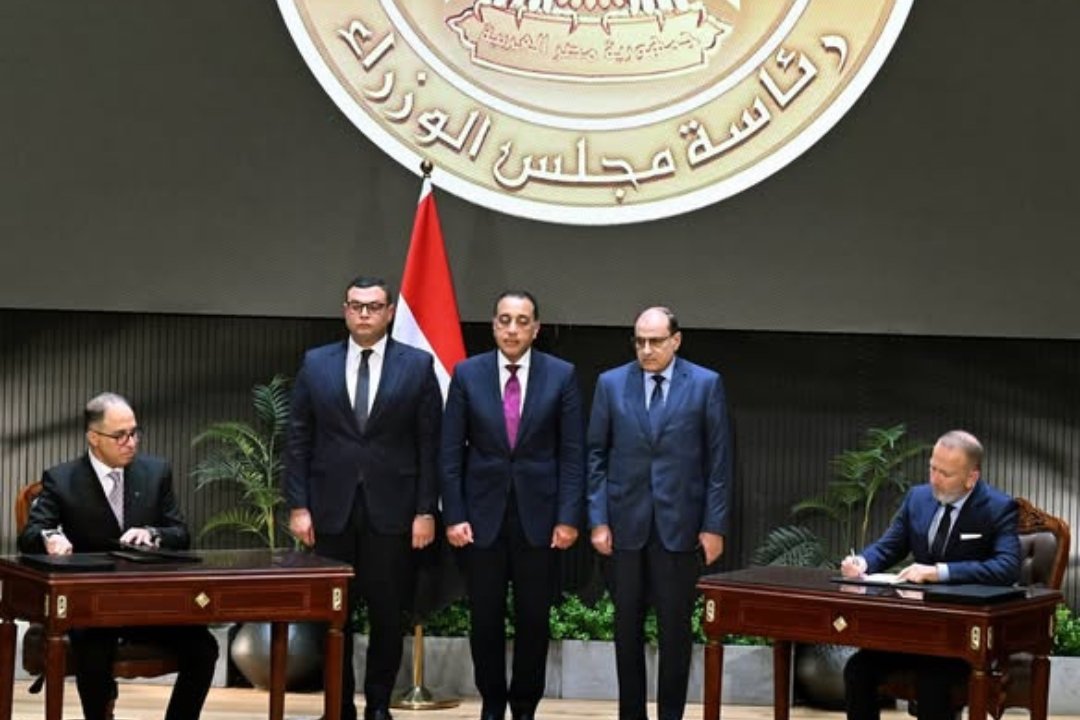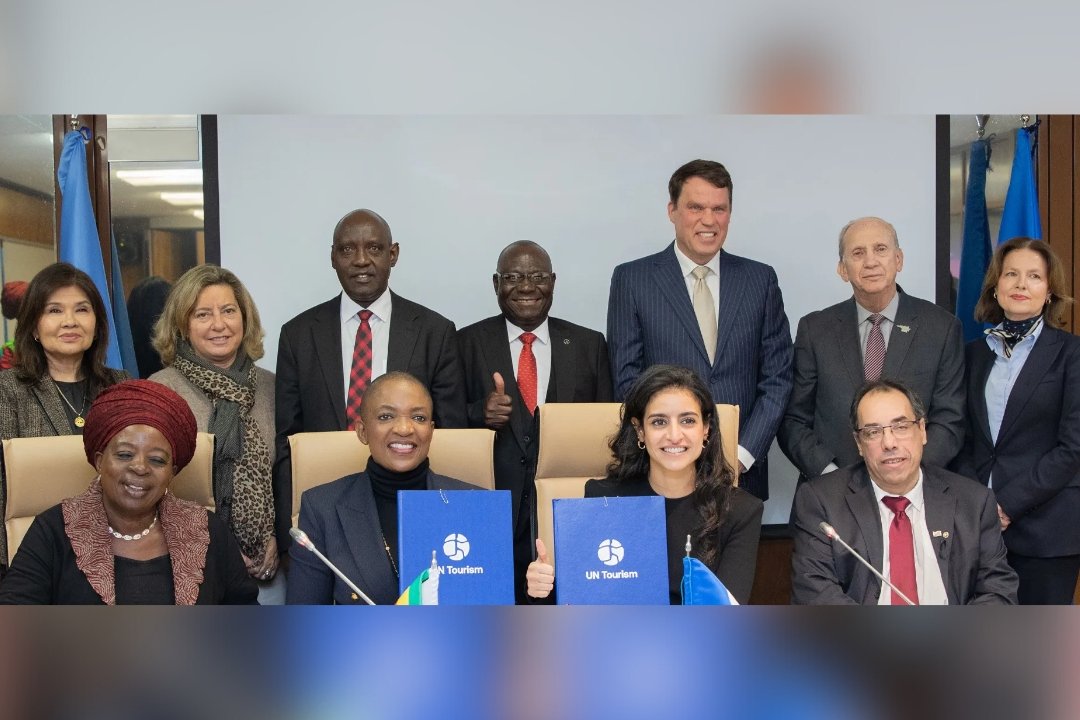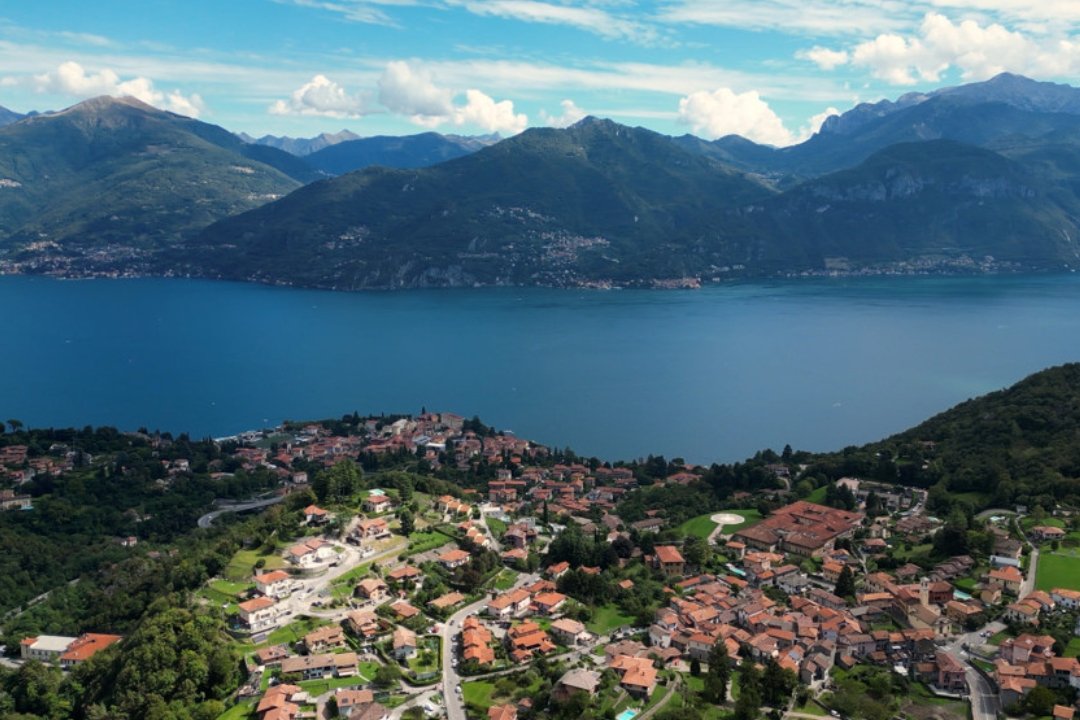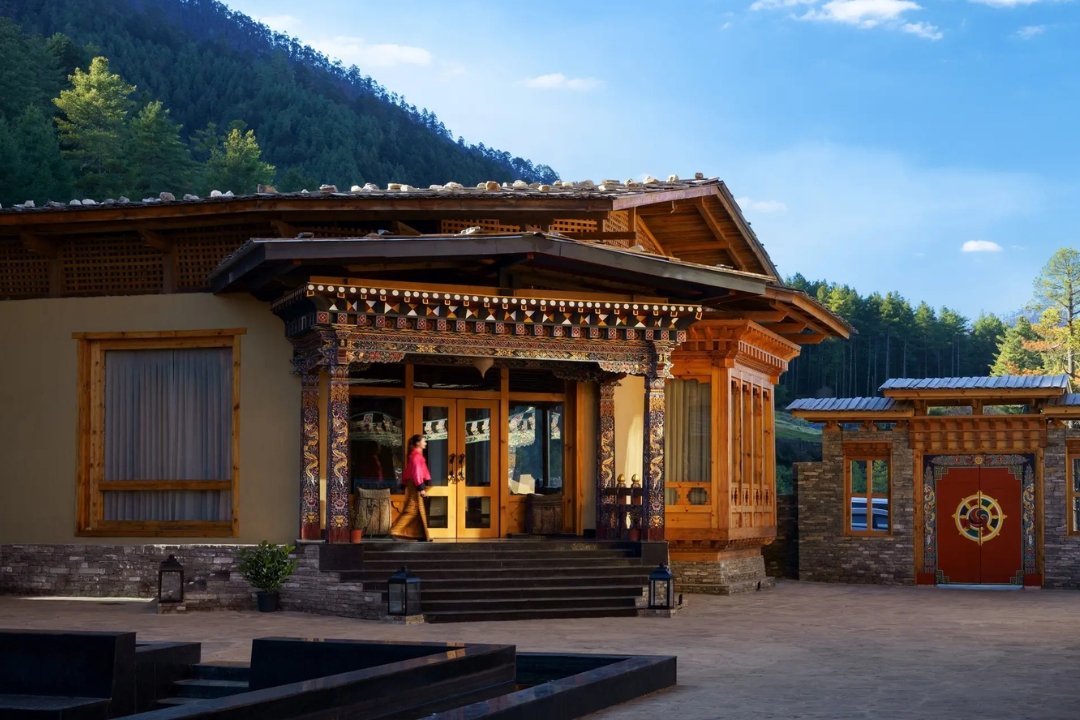As the tourism industry faces mounting pressure to address its environmental impact, one of South Africa’s most celebrated heritage destinations has taken a groundbreaking step. Boschendal Wine Estate has officially become the first wine estate in the world to receive the prestigious Green Key certification for its accommodation, marking a new chapter in sustainable tourism.
The accolade arrives at a pivotal moment. The World Economic Forum’s latest Travel and Tourism at a Turning Point report warns that while nature continues to attract the majority of travellers, irresponsible tourism practices are eroding biodiversity and intensifying waste and carbon emissions. Without corrective measures, greenhouse gas emissions from tourism could rise to 15% of global totals within the next decade, placing the very landscapes tourists come to see at risk.
Speaking at the certification handover, Amy Kropman, CEO of Boschendal, reflected on the significance of the recognition.
“As we honour 340 years of history this September, becoming the first wine estate in the world to earn Green Key recognition for its accommodation is a powerful validation of our regenerative philosophy in action. We aim to regenerate not only the soil but also the people who live, work, and stay with us.”
The Green Key eco-label, overseen in South Africa by the Wildlife and Environment Society of South Africa (WESSA) and internationally by the Foundation for Environmental Education (FEE), is one of the most respected marks of environmental excellence in tourism. Certification is only awarded to establishments that demonstrate strict compliance in environmental management, efficient resource use, ethical operations, and active community engagement.
Cindy-Lee Cloete, CEO of WESSA, commended Boschendal for setting a “truly remarkable milestone” in sustainable tourism.
“This certification formally recognises Boschendal’s leadership in sustainable tourism,” she said.
The recognition is the result of years of deliberate and measurable action. Boschendal has invested in renewable energy infrastructure, with solar power forming an increasing share of its operational energy supply. From 1 August, the estate also introduced a 2% Conservation Levy on all accommodation bookings, channelled directly into biodiversity-friendly farming, habitat restoration, and water and energy efficiency projects designed to protect the land for generations to come.
Key sustainability measures at Boschendal include:
- An environmental manager and green committee dedicated to overseeing governance and progress.
- A formal sustainability policy and action plan targeting climate change mitigation, biodiversity protection, efficient resource use, and social equity.
- Tangible reductions in carbon emissions, water consumption, and waste, supported by transparent reporting and guest engagement.
- Partnerships with local initiatives promoting conservation, youth skills training, and ethical supply chains.
Beyond compliance, Boschendal’s Future of Farming initiative highlights its commitment to regenerative agriculture. Through practices such as holistic soil renewal, integrated livestock rotations, and advanced monitoring systems for precision irrigation, the estate is working to restore and enhance its ecosystem from the ground up.
Tevya Visser, Green Key Programme Manager at WESSA, praised the achievement: “Being part of Boschendal’s Green Key journey has been a unique and rewarding experience. This achievement sets the tone for environmentally responsible hospitality across South Africa’s wine regions.”
The certification was formally handed over on 1 August in a ceremony attended by Boschendal’s senior leadership and representatives from the Green Key programme. The occasion highlighted how the estate has fused its centuries-old heritage with forward-thinking environmental practices.
For Boschendal, this milestone is more than a symbol. As Kropman concluded: “We see Green Key not as a badge, but as a commitment to regeneration, accountability, and purpose. Guests from key markets like the UK and Germany increasingly seek aligned, impactful travel experiences—and this certification brings credibility to that promise.”
At a time when global tourism is under increasing scrutiny, Boschendal’s achievement offers a credible model for heritage destinations aiming to protect their natural assets while delivering exceptional hospitality.



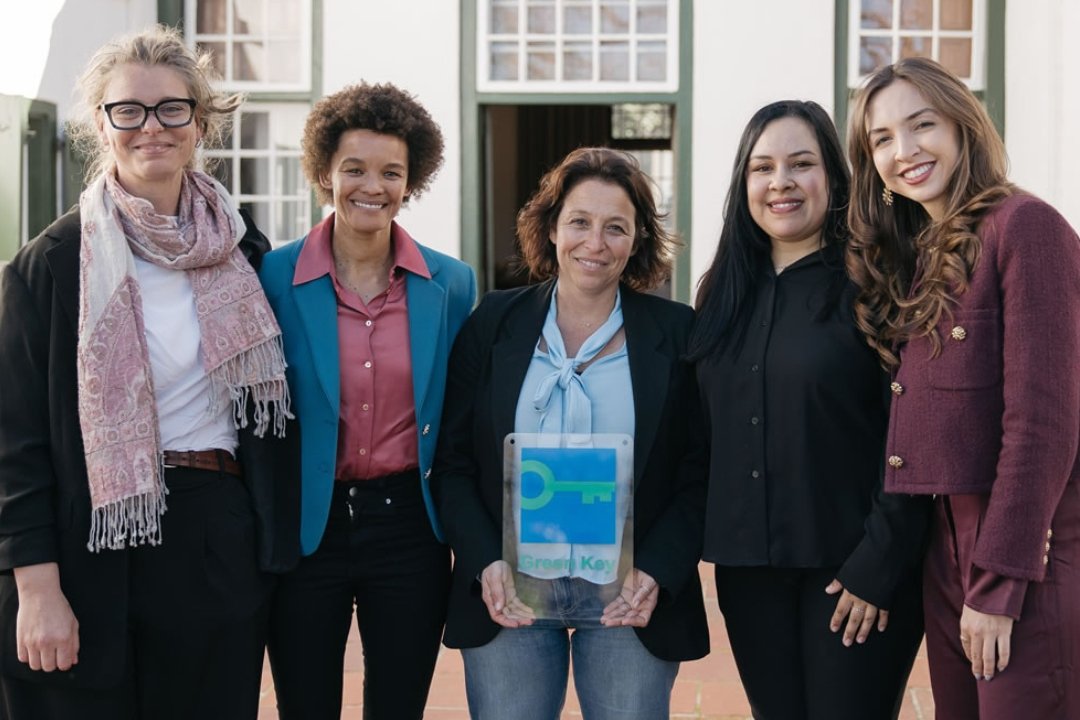


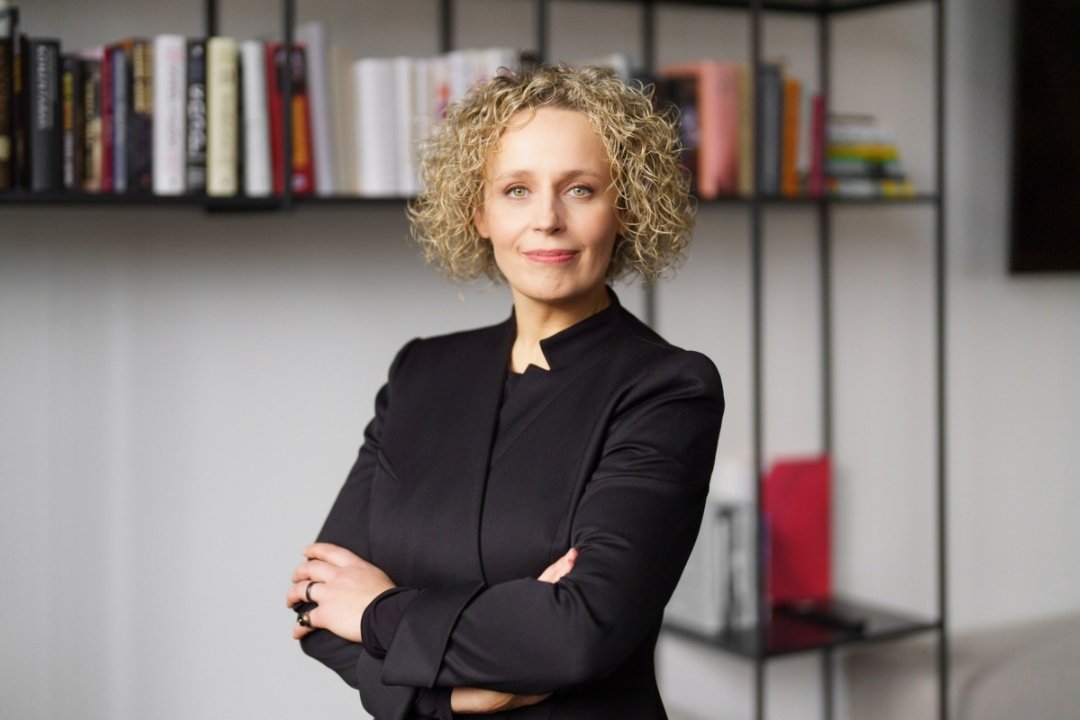
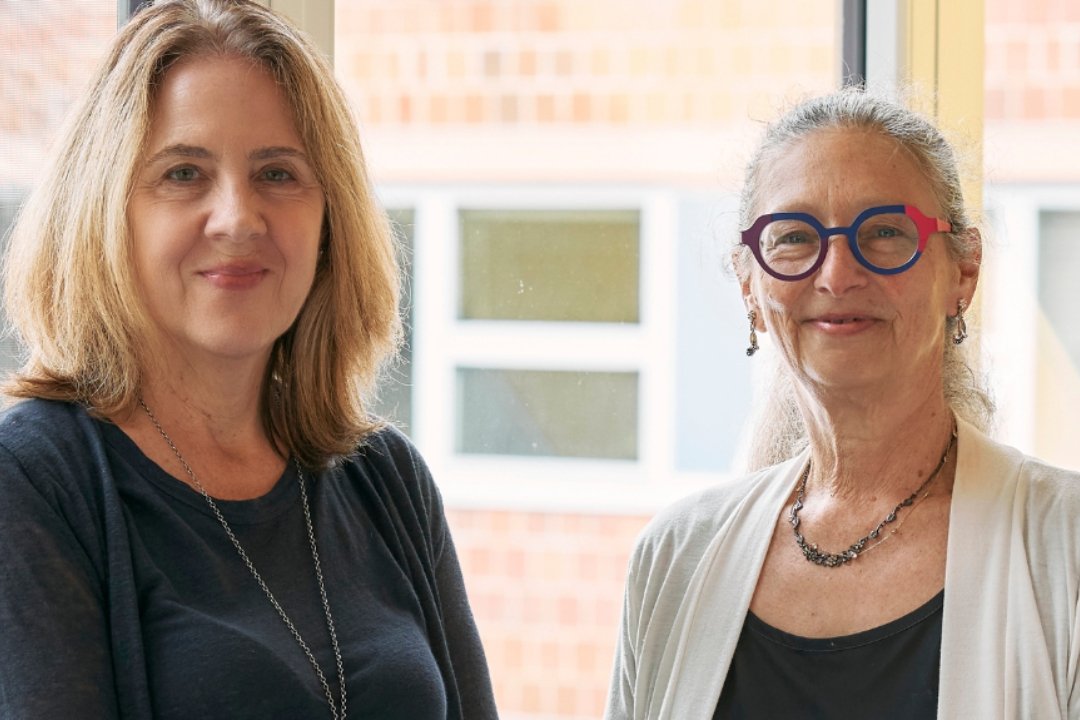
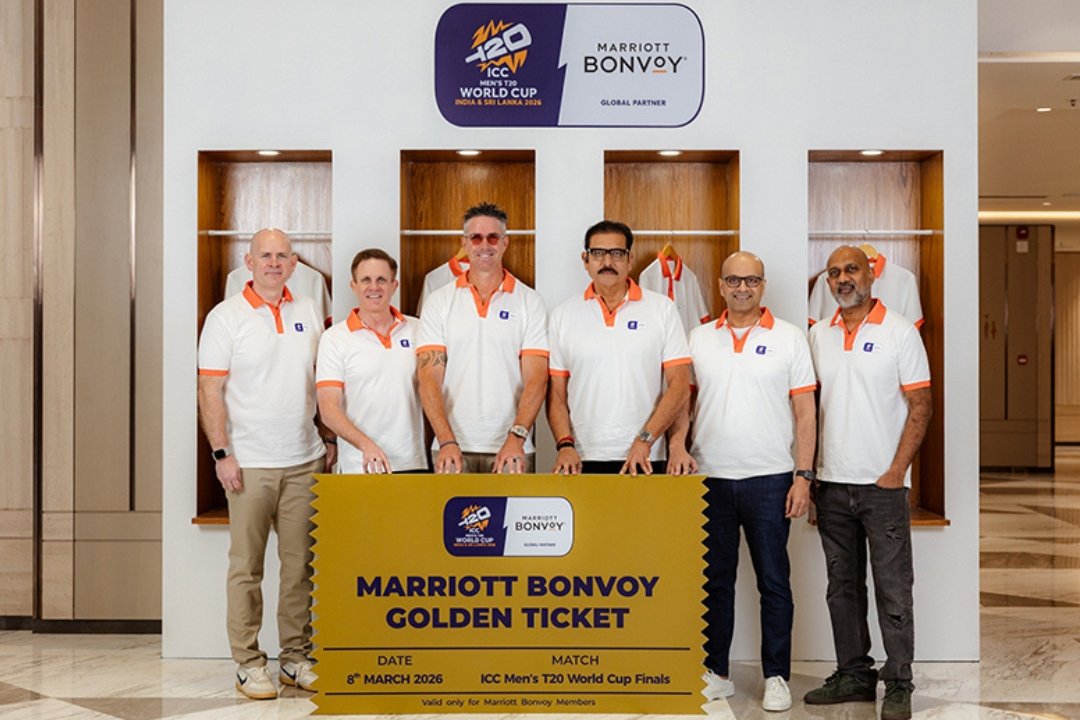
![[IRHM] logo](https://irhmagazine.com/wp-content/uploads/2025/08/IRHM-AWARDS-2025-1024x683.jpg)
